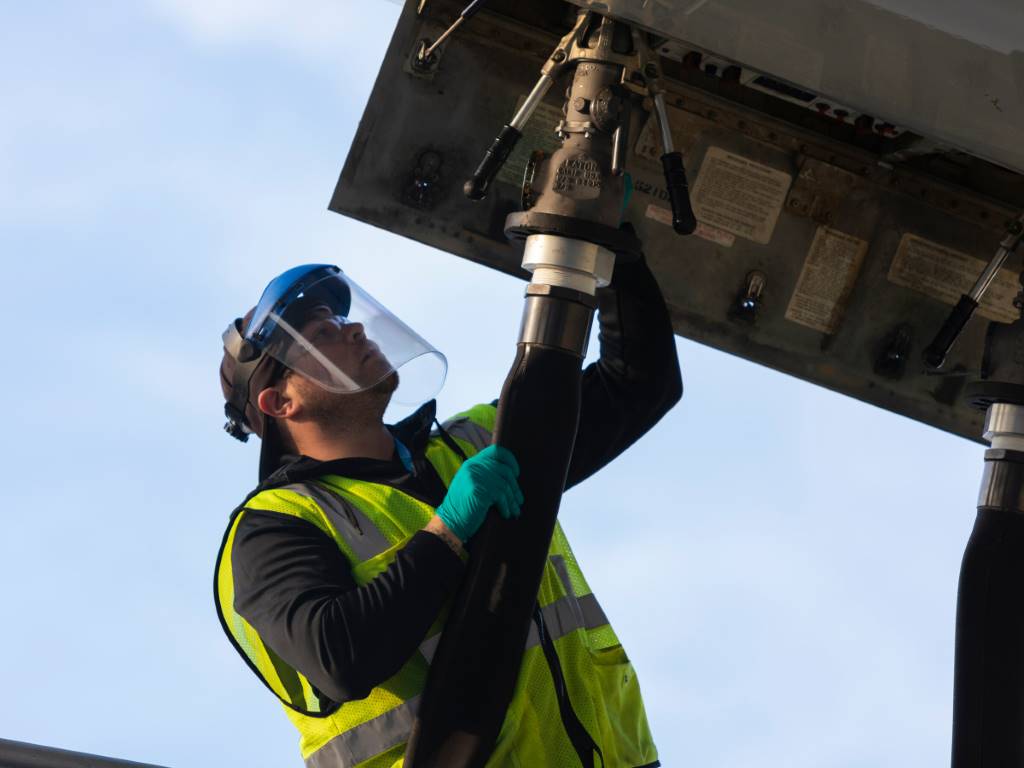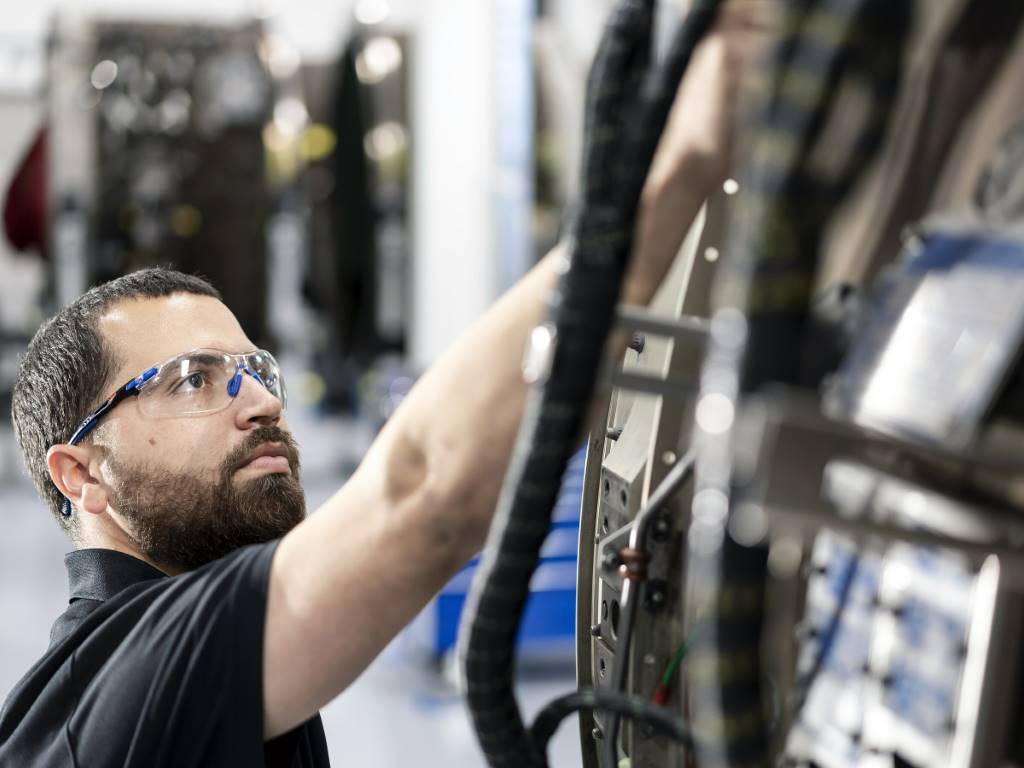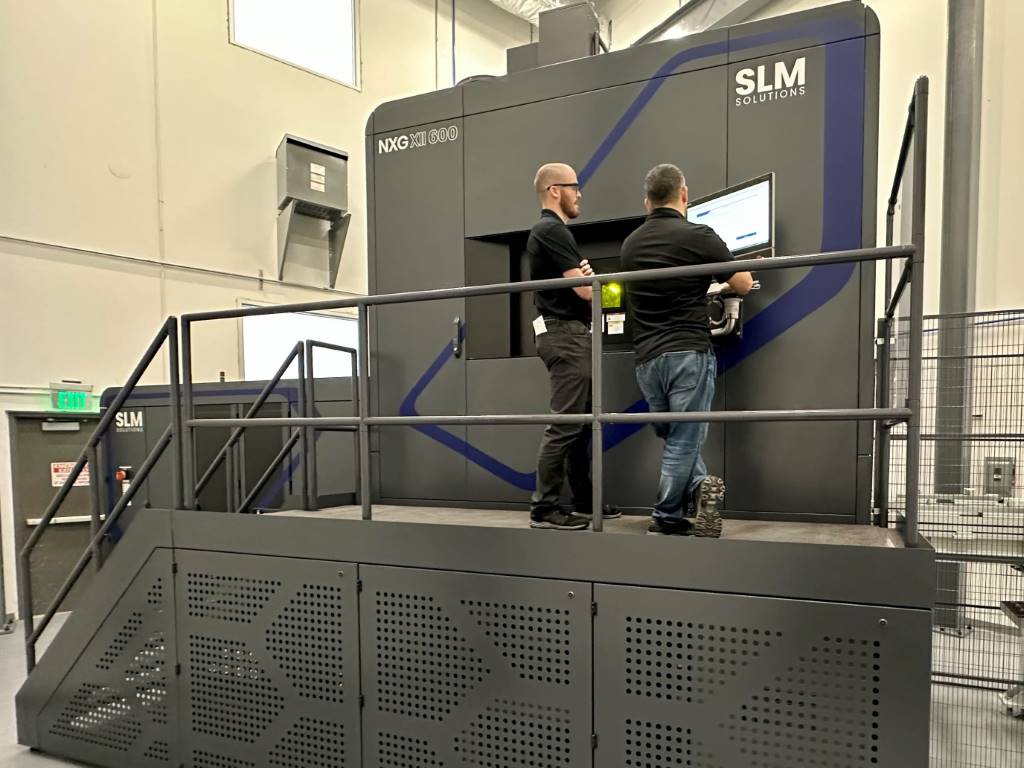ZeroAvia secures funding for hydrogen-electric aircraft

ZeroAvia has secured £12.3 million in government funding through the ATI Programme to deliver a breakthrough 19-seat hydrogen-electric powered aircraft that is market-ready by 2023.
The UK government grant for the HyFlyer II project will see ZeroAvia develop a certifiable hydrogen-electric powertrain that can power airframes carrying up to 19 passengers. To do this, it will collaborate with two partners, the European Marine Energy Centre and Aeristech.
The HyFlyer II project will conclude with another world’s first hydrogen-electric flight by ZeroAvia in a 19-seat aircraft, with a 350 mile flight in early 2023.
The government support for ZeroAvia’s 19-seat programme comes as the company also announces £16 million in Series A venture funding.
The grant award follows ZeroAvia’s world first flight of a commercial-grade hydrogen-electric aircraft at Cranfield in September, utilising a smaller version of ZeroAvia’s hydrogen fuel cell powertrain in a 6-seat Piper Malibu M350. This earlier flight was a milestone for the first HyFlyer project, which was also supported with a grant from the ATI Programme.
HyFlyer II will build on this success by bringing to market the first hydrogen-electric powertrain suitable for aircraft of up to 19-seats by 2023. Typically, up to 19-seat aircraft such as the Cessna 208 Caravan and the Viking Air DHC-6 Twin Otter are used in regional aviation and cargo transport worldwide. ZeroAvia’s 600kW hydrogen-electric powertrain is platform-agnostic and will begin to make zero carbon flight over meaningful distances a reality for passengers.
The announcements of the HyFlyer II programme and Series A investment come just days after British Airways announced a partnership with ZeroAvia to speed up the switch to hydrogen-powered aircraft as part of IAG’s Hangar 51 tech accelerator programme.
Val Miftakhov, CEO, ZeroAvia commented: “We are delighted with the ATI’s decision to back our 19-seat powertrain development programme. This project is instrumental for delivering a market-ready hydrogen powered solution for 2023 that makes passenger-ready zero carbon aviation a reality. It once again demonstrates the ‘Jet Zero’ ambition of the UK Government to take a leading role in making flight sustainable and we are proud that they have put their faith in us again to deliver another milestone for hydrogen-electric aviation.”
ZeroAvia predicts its hydrogen-electric powertrain will have lower operating costs than its jet-fuelled competition due to lower fuel and maintenance costs, in addition to reducing the air pollution today's aircraft emit.
As the company commercialises its technology starting in 2023, ZeroAvia plans to offer hydrogen fuel production and supply for its powertrains, and other commercial customers, substantially improving fuel availability and reducing pricing risks for the entire market.













